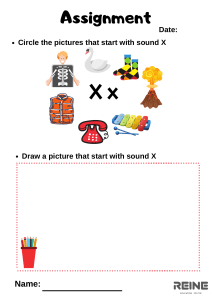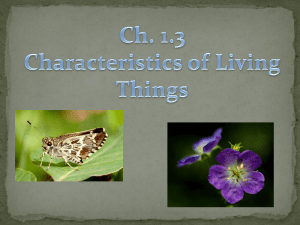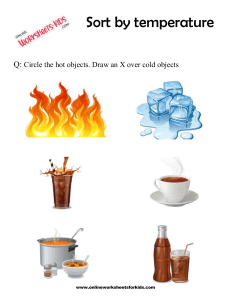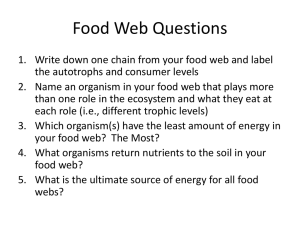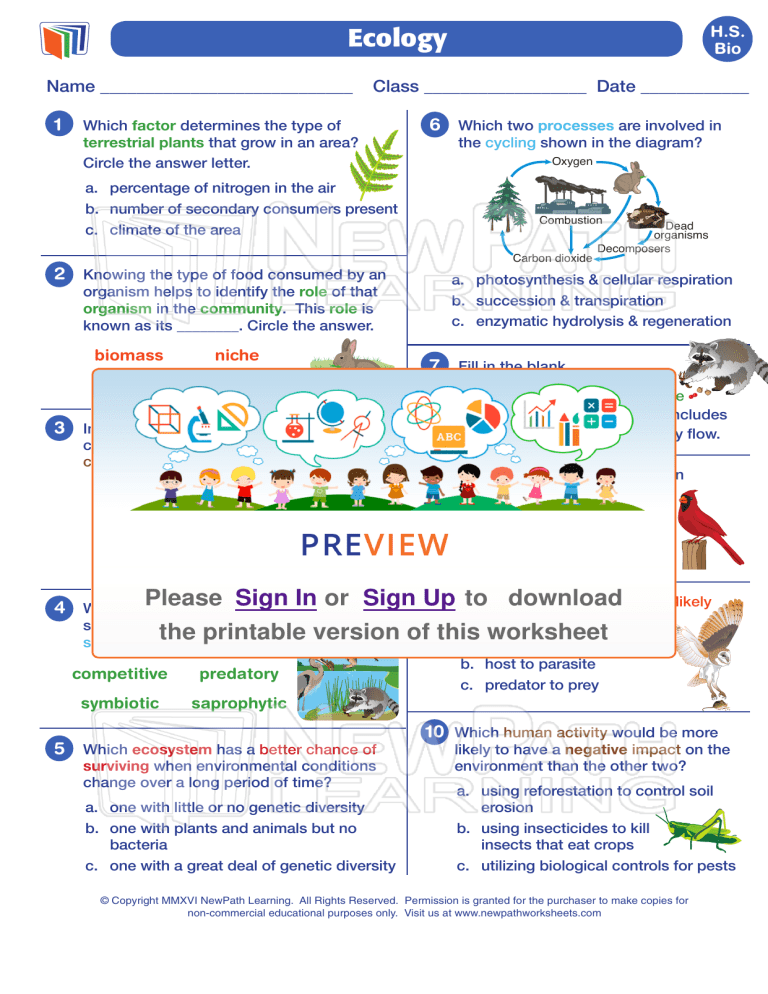
H.S. Bio Ecology Name ____________________________ 1 Class __________________ Date ____________ Which factor determines the type of terrestrial plants that grow in an area? Circle the answer letter. a. percentage of nitrogen in the air b. number of secondary consumers present c. climate of the area 2 Knowing the type of food consumed by an organism helps to identify the role of that organism in the community. This role is known as its ________. Circle the answer. biomass niche habitat territory classified as both a primary and secondary consumer? Circle it. Hawk Mouse the cycling shown in the diagram? Oxygen Combustion Carbon dioxide Dead organisms Decomposers a. photosynthesis & cellular respiration b. succession & transpiration c. enzymatic hydrolysis & regeneration 7 Fill in the blank. 3 In the diagram below, which organism is Snake 6 Which two processes are involved in A food _________ is more stable than a food chain because it includes alternative pathways for energy flow. 8 Which group of organisms is an example of a population? Raccoon Corn a. all birds in Colorado b. leopard frogs in a stream c. trees in a forest Please Sign In or Sign Up to energy download 9 Which transfer is least likely 4 Which term refers to the behavior of two species attempting to use the same living the printable version space and food source? competitive predatory symbiotic saprophytic 5 Which ecosystem has a better chance of surviving when environmental conditions change over a long period of time? a. one with little or no genetic diversity b. one with plants and animals but no bacteria c. one with a great deal of genetic diversity to be found in nature? of this worksheet a. producer to consumer b. host to parasite c. predator to prey 10 Which human activity would be more likely to have a negative impact on the environment than the other two? a. using reforestation to control soil erosion b. using insecticides to kill insects that eat crops c. utilizing biological controls for pests © Copyright MMXVI NewPath Learning. All Rights Reserved. Permission is granted for the purchaser to make copies for non-commercial educational purposes only. Visit us at www.newpathworksheets.com H.S. Bio Ecology - Answer Key Name ____________________________ 1 Class __________________ Date ____________ Which factor determines the type of terrestrial plants that grow in an area? Circle the answer letter. a. percentage of nitrogen in the air b. number of secondary consumers present c. climate of the area 2 Knowing the type of food consumed by an organism helps to identify the role of that organism in the community. This role is known as its ________. Circle the answer. biomass niche habitat territory classified as both a primary and secondary consumer? Circle it. Hawk Mouse the cycling shown in the diagram? Oxygen Combustion Carbon dioxide Dead organisms Decomposers a. photosynthesis & cellular respiration b. succession & transpiration c. enzymatic hydrolysis & regeneration 7 Fill in the blank. 3 In the diagram below, which organism is Snake 6 Which two processes are involved in web is more stable A food _________ than a food chain because it includes alternative pathways for energy flow. 8 Which group of organisms is an example of a population? Raccoon Corn a. all birds in Colorado b. leopard frogs in a stream c. trees in a forest Please Sign In or Sign Up to energy download 9 Which transfer is least likely 4 Which term refers to the behavior of two species attempting to use the same living the printable version space and food source? competitive predatory symbiotic saprophytic 5 Which ecosystem has a better chance of surviving when environmental conditions change over a long period of time? a. one with little or no genetic diversity b. one with plants and animals but no bacteria c. one with a great deal of genetic diversity to be found in nature? of this worksheet a. producer to consumer b. host to parasite c. predator to prey 10 Which human activity would be more likely to have a negative impact on the environment than the other two? a. using reforestation to control soil erosion b. using insecticides to kill insects that eat crops c. utilizing biological controls for pests © Copyright MMXVI NewPath Learning. All Rights Reserved. Permission is granted for the purchaser to make copies for non-commercial educational purposes only. Visit us at www.newpathworksheets.com
